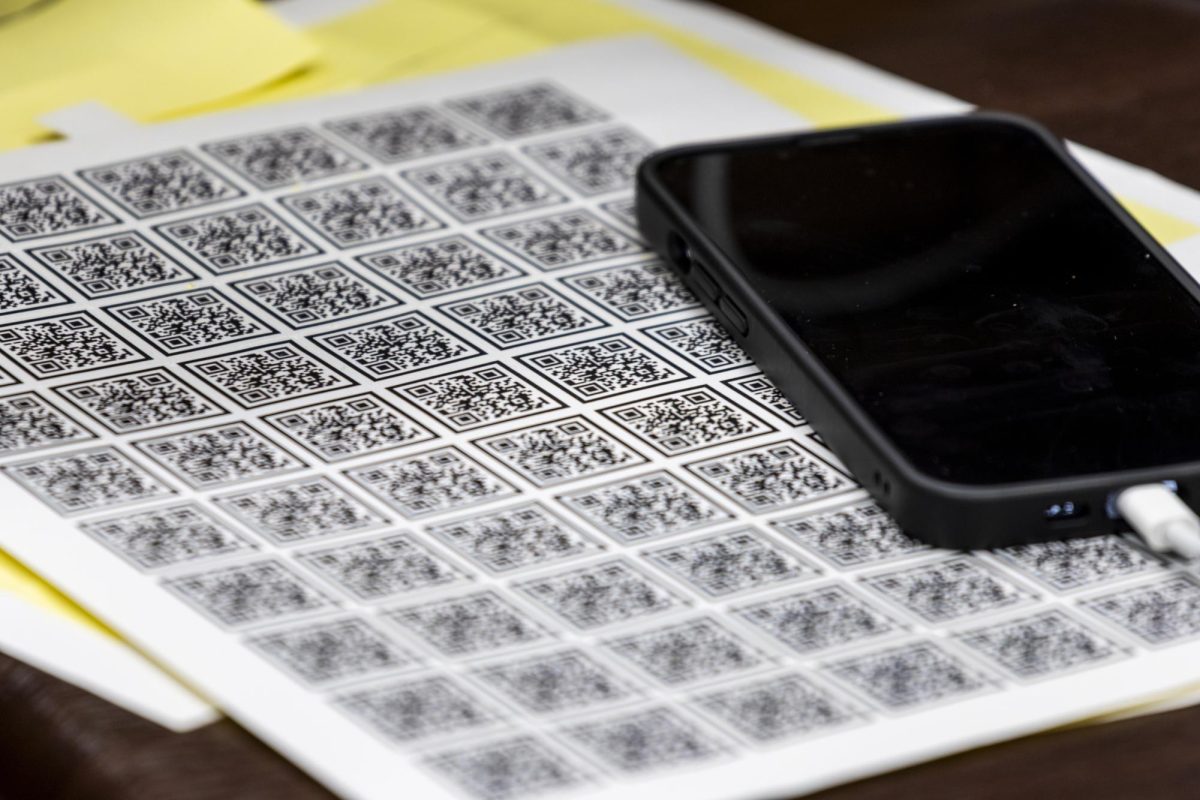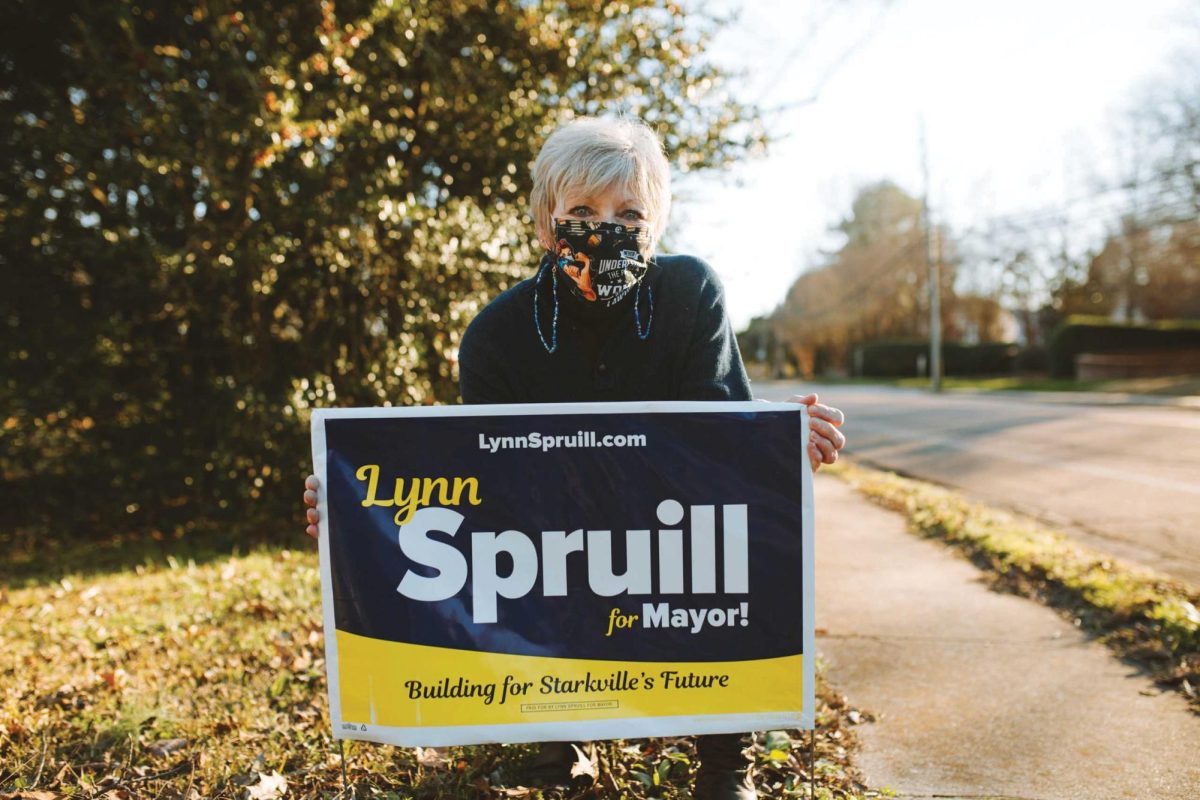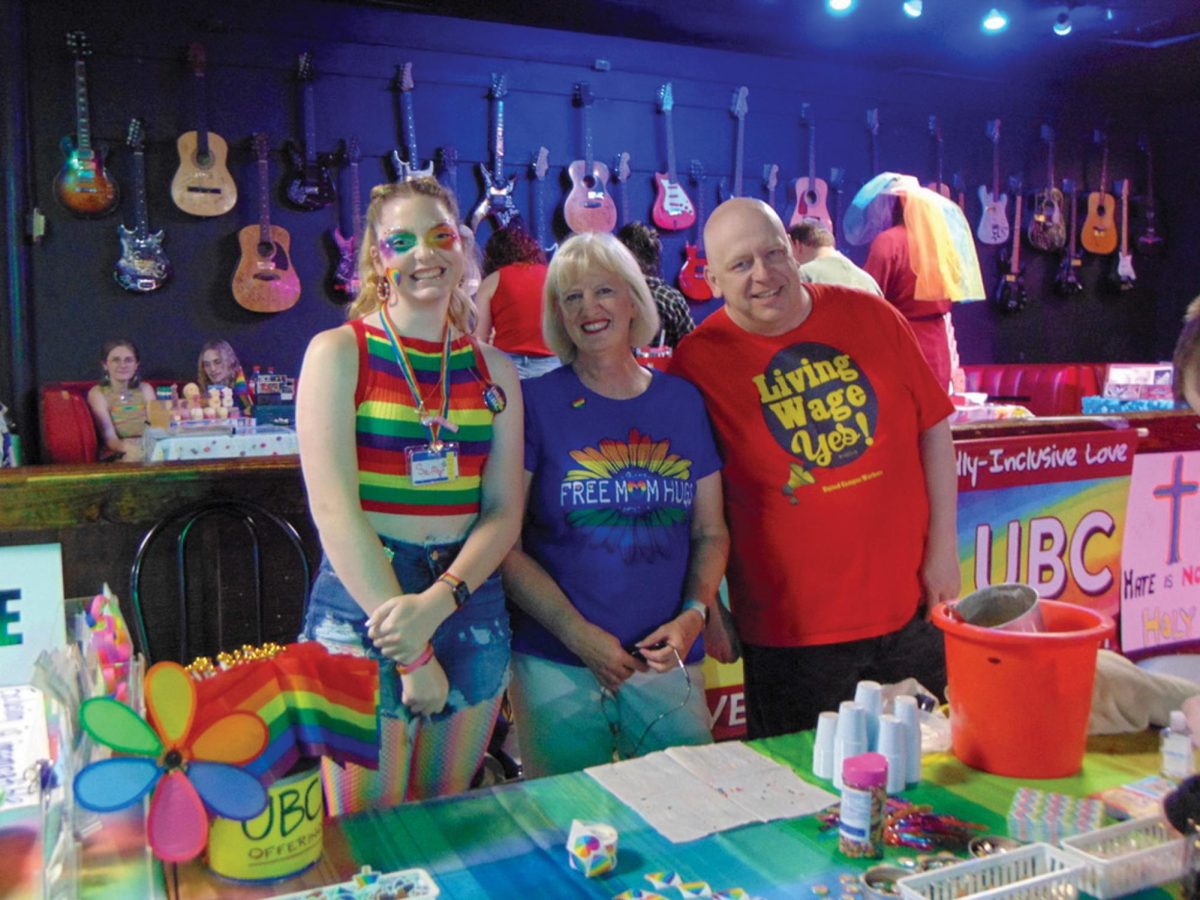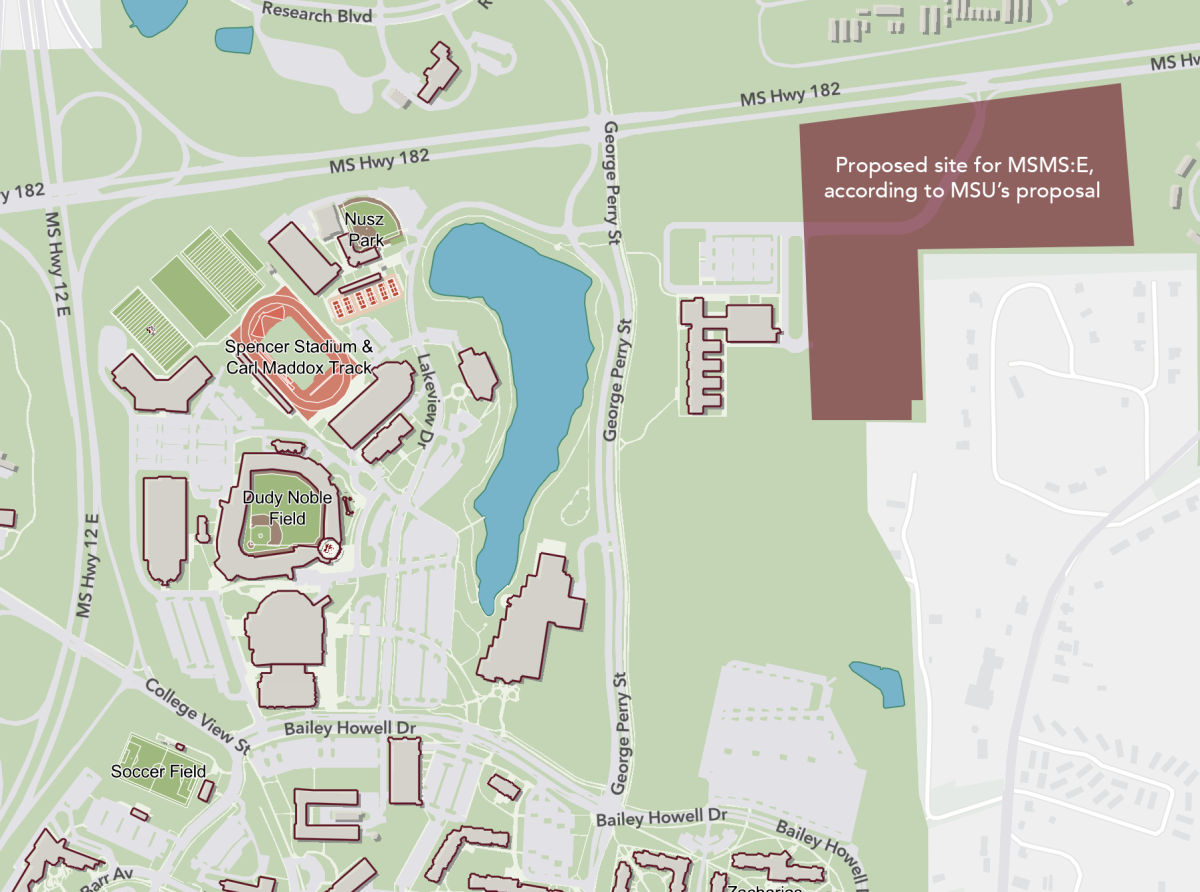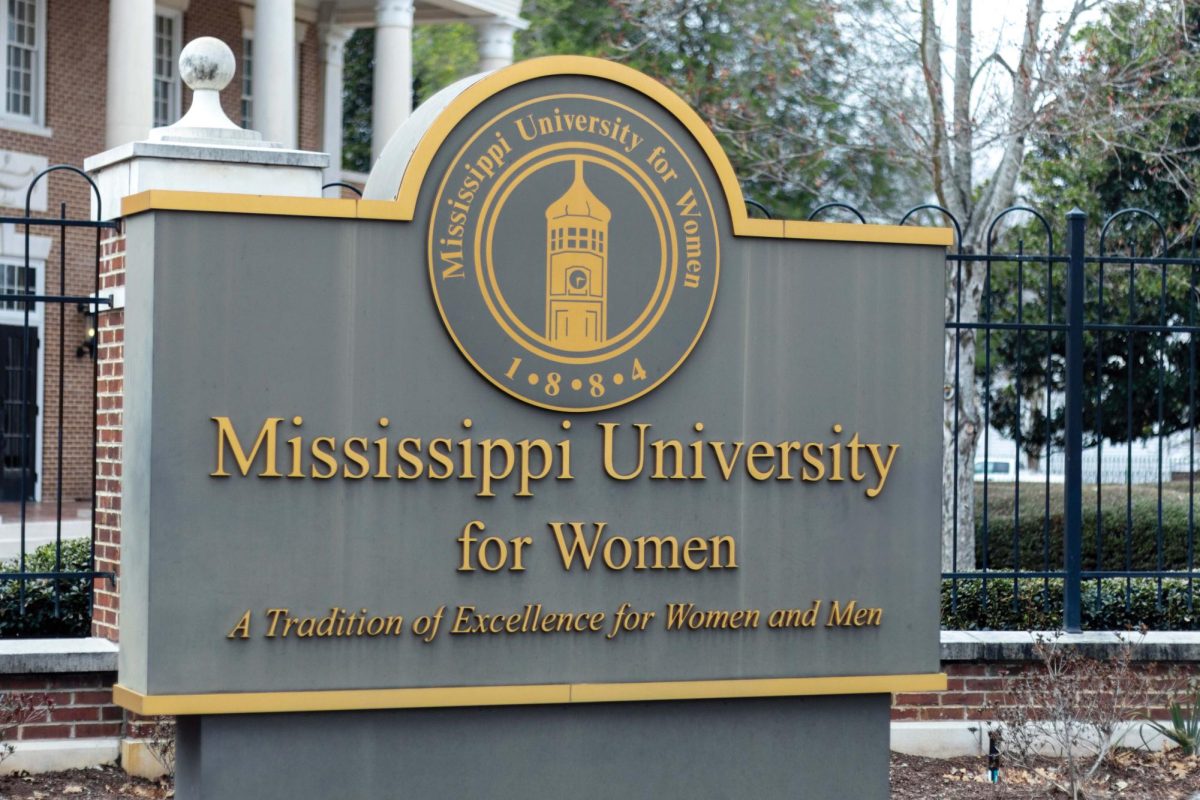According to the Centers for Disease Control and Prevention, the state of Mississippi has the highest rate of cancer deaths in the nation. It accounts for roughly 18% of deaths in the state.
There are many types of cancers out there that both men and women can catch, but one of the most common diagnoses is breast cancer.
Juleigh Baker is a health education specialist at Mississippi State University. She said she believes that women should be aware of the potential risks that breast cancer poses to their health.
“A lot of women are at higher risk of breast cancer than they realize,” Baker said. “A lot of people have the misconception that they have to have someone in their family, as far as a mother or grandmother, that had to have breast cancer. But most breast cancers are women who don’t have any family history of it.”
However, as a mother and daughter in Mississippi’s Golden Triangle Area would find out, that statistic has outliers.
Peggy Ragland is a resident of Columbus who is battling breast cancer for the second time in her life. Ragland remembers the signs and symptoms that she had that led to her first diagnosis.
“In 2011, I found lumps in both breasts, and I did biopsies,” Ragland said. “They said that they got it all and that I was good, but within six months, the lumps came back.”
With the help of her daughter and treatments of chemotherapy, or as she called it, “the red devil,” Ragland was able to defeat her first batch of cancer and emerge triumphant, but her victory was short-lived as her cancer re-emerged three years later.
However, despite being in her second battle with cancer, Ragland is more concerned about her daughter, Shelby Holocher, who was also diagnosed with cancer after discovering that she and her mom shared a gene that made the risk of cancer higher.
Holocher mentioned that she had never thought of getting a mammogram before, but that her mother’s cancer, as well as an event she went to, made her change her mind.
“An event called ‘Zumba in Pink’ they had it on Saturday, and they had one last year, and it was the second annual one,” Holocher said. “They paid for my mammogram. If it was not for them, I had a very invasive breast cancer, and it could be spreading, and I could not make it. I probably would not have even made it to the age of 40.”
Baker recommends, from a medical professional standpoint, that women start their self-evaluations as soon as possible if they believe that they might have cancer.
“The best time to do it is the week after the menstrual cycle,” Baker said. “And that way, they can start to learn the density of their breast, and therefore, they can notice any changes or anything that might need to be checked out early.”
Holocher was able to fight her cancer with the help and support of her mother.
Ragland stated that the only thing more painful than her cancer treatment was watching her daughter go through the same ordeal.
“It still tears me up, I was raised the old-fashioned way that a mother is supposed to protect her children,” Ragland said. “I thought when I took the battle that I was taking the bullet and my kids would not have to go through it, but then she got it.”
Baker mentioned that a silver lining in the fight against breast cancer was that the mortality rate had decreased over the last four years.
Ragland and Holocher said that their battles are far from over, as they are advocating for an increase in breast cancer awareness and are focusing on making insurance companies lower the minimal age that they cover mammograms to under 40.
When asked if they had any advice for people struggling with cancer, Holocher said that it is important to let your emotions flow and not bottle them up.
“Have your moments where you need to break down because if you hold it in, it gets ugly for everyone involved, ” Holocher said. “Cancer does not just affect the person, it affects the whole family.”






